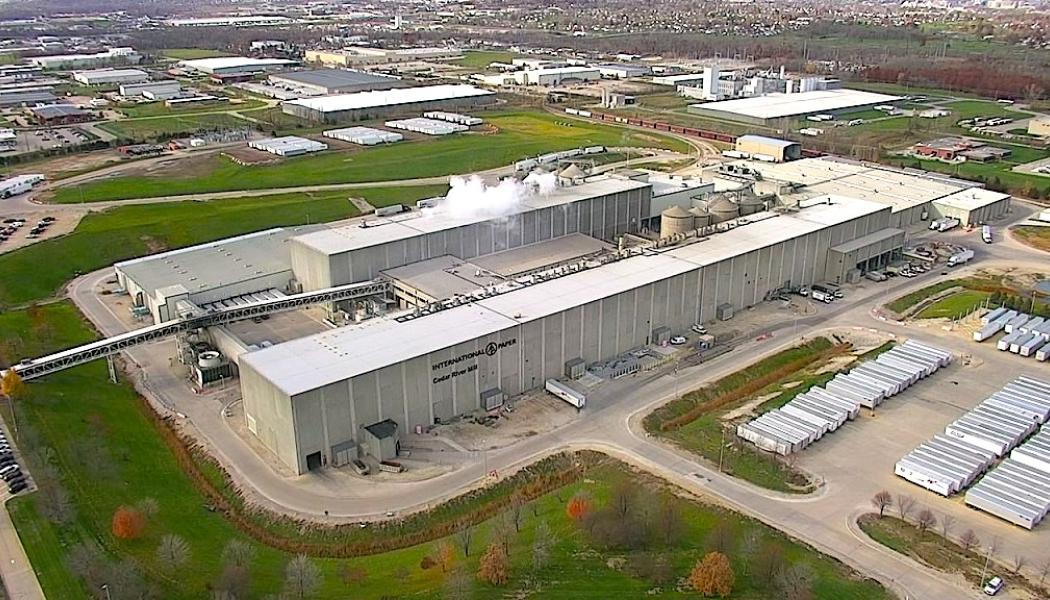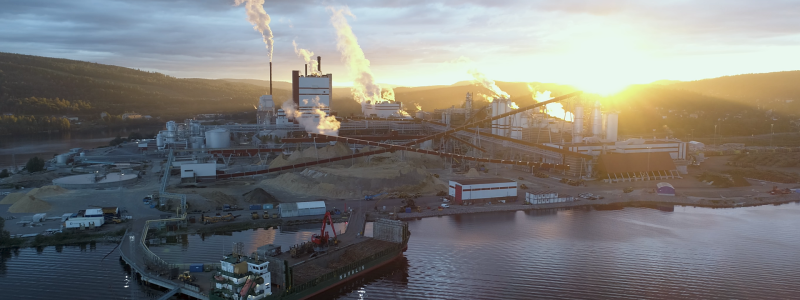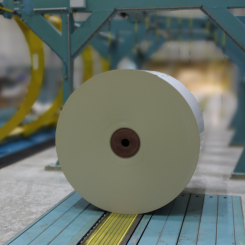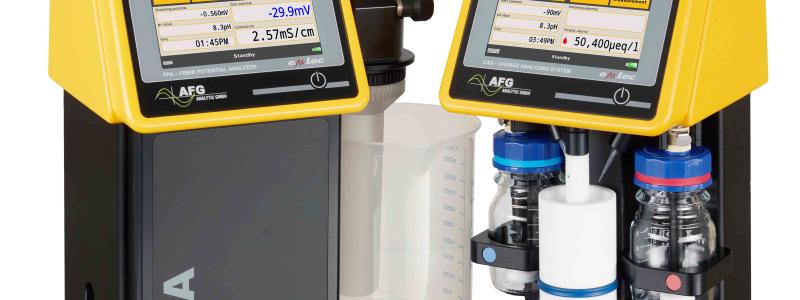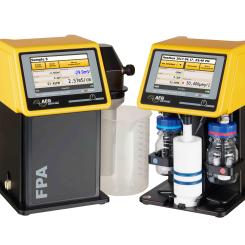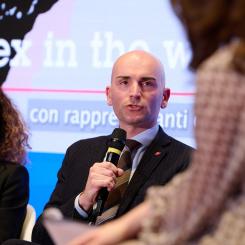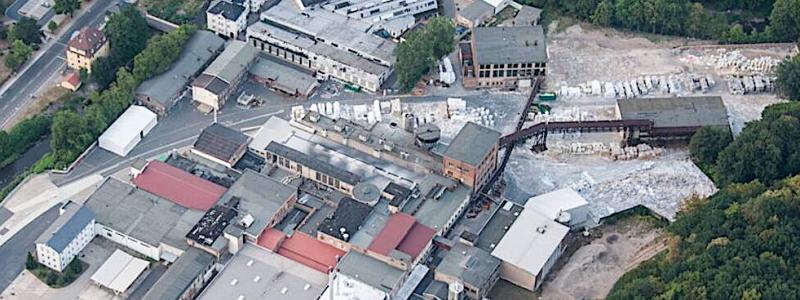The U.S. Department of Energy (DOE) is funnelling up to $304 million into four projects across Kentucky, Mississippi, Texas, and Wyoming to trial groundbreaking carbon capture technologies. Among these, RTI International is set to spearhead a pilot in Mississippi, in partnership with International Paper (IP), SLB, and Amazon, marking a significant stride towards reducing carbon emissions in the pulp and paper industry.
The project, a novel endeavour for the sector, will be hosted at IP's Vicksburg Containerboard Mill. It aims to capture 120,000 metric tons of CO2 annually, the equivalent of the emissions from nearly 27,000 gasoline cars, and sequester it permanently underground.
The initial phase will focus on designing a carbon capture system tailored for the mill. Success in this stage could pave the way for the construction and operation of a full-scale carbon capture facility, showcasing RTI's non-aqueous solvent (NAS) technology.
Valuable data used
This collaboration brings together RTI as the technology innovator, SLB as the deployment partner, IP's mill as the project site, and Amazon as the end user, aiming to provide both IP and Amazon with valuable data on carbon capture efficacy and a comprehensive analysis of the economic and environmental impacts of adopting RTI's NAS technology.
Frederik Majkut from SLB highlighted the project's potential to expedite the shift towards a net-zero future by demonstrating the economic feasibility of carbon capture across various industries.
The pulp and paper industry is a significant contributor to CO2 emissions in the U.S., with annual emissions totalling 148 million metric tons, including biogenic emissions. This initiative represents a critical step towards mitigating these emissions and advancing the industry's decarbonization efforts.
Beneficial low-carbon economy
International Paper's Chief Sustainability Officer, Sophie Beckham, emphasized the project's alignment with the company's Vision 2030 for a low-carbon economy and its potential benefits for the community, employees, and the environment. A Community Advisory Council will be established, ensuring the inclusion of disadvantaged communities in the project's development.
Supported by a federal cost share of up to $88 million, the project not only aims to encourage private investment and technology adoption but also aligns with DOE's industrial decarbonization goals. Successful demonstration of RTI's NAS technology could lead to its wider application within the pulp and paper sector, contributing significantly to global decarbonization efforts.
Source: The U.S. Department of Energy (DOE)



